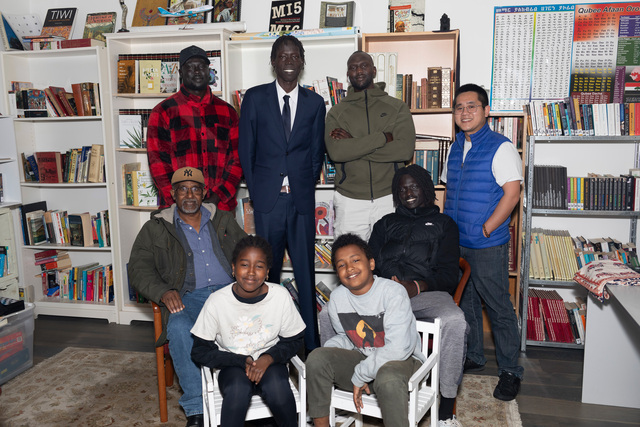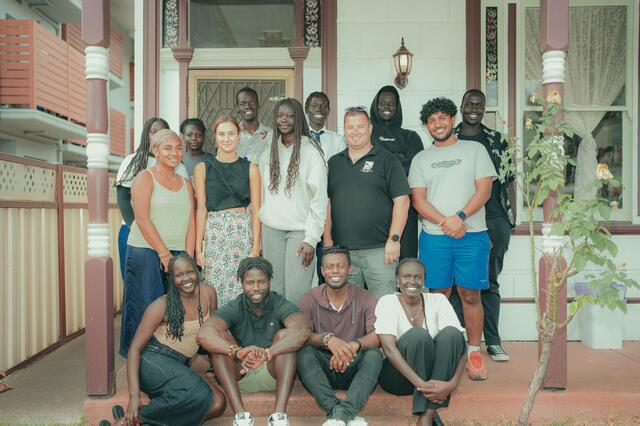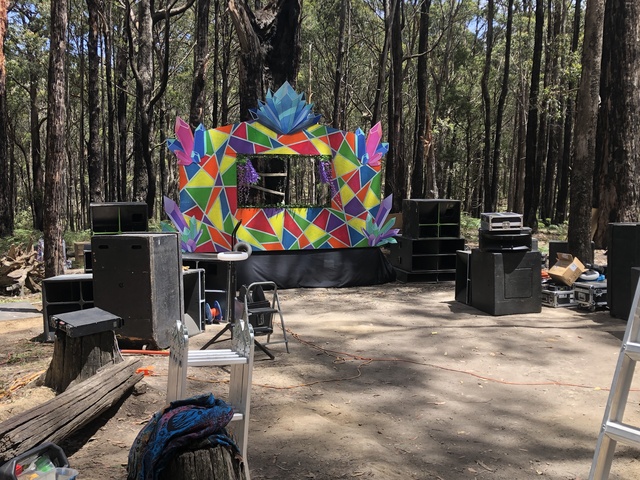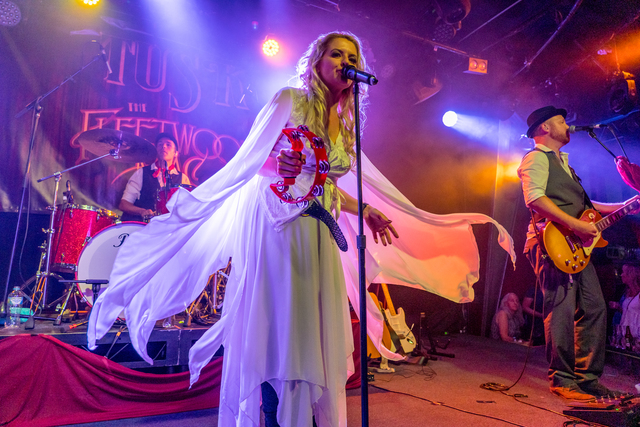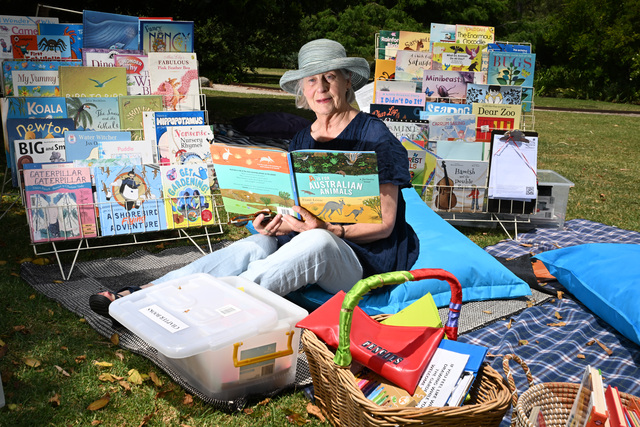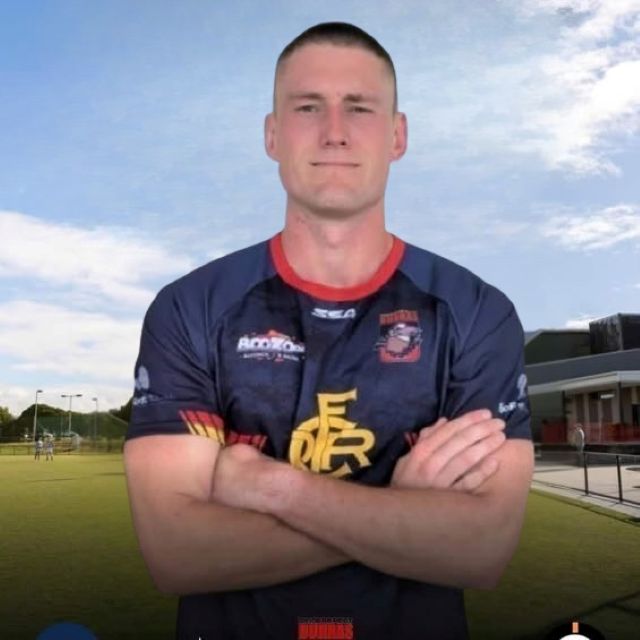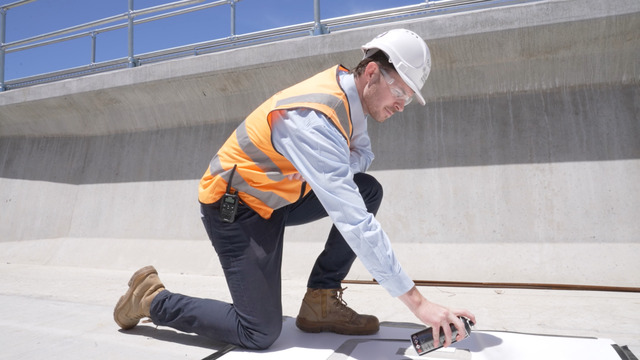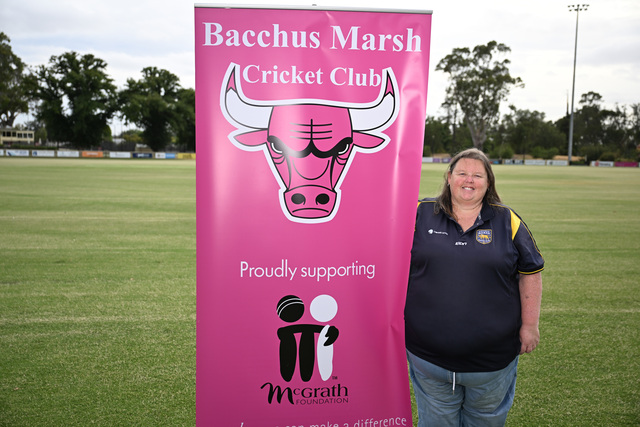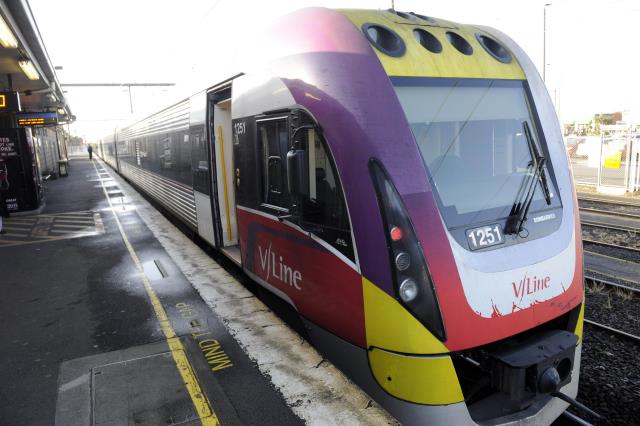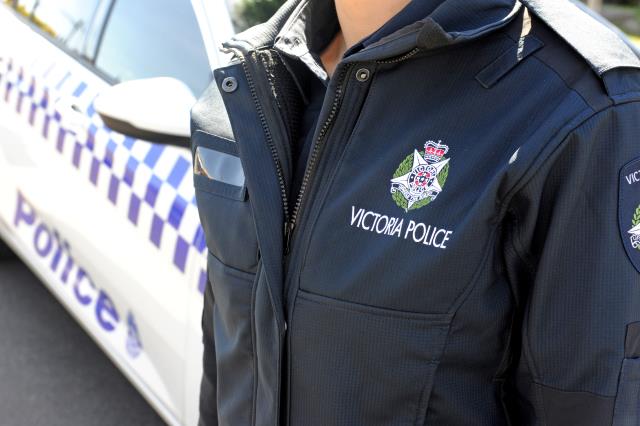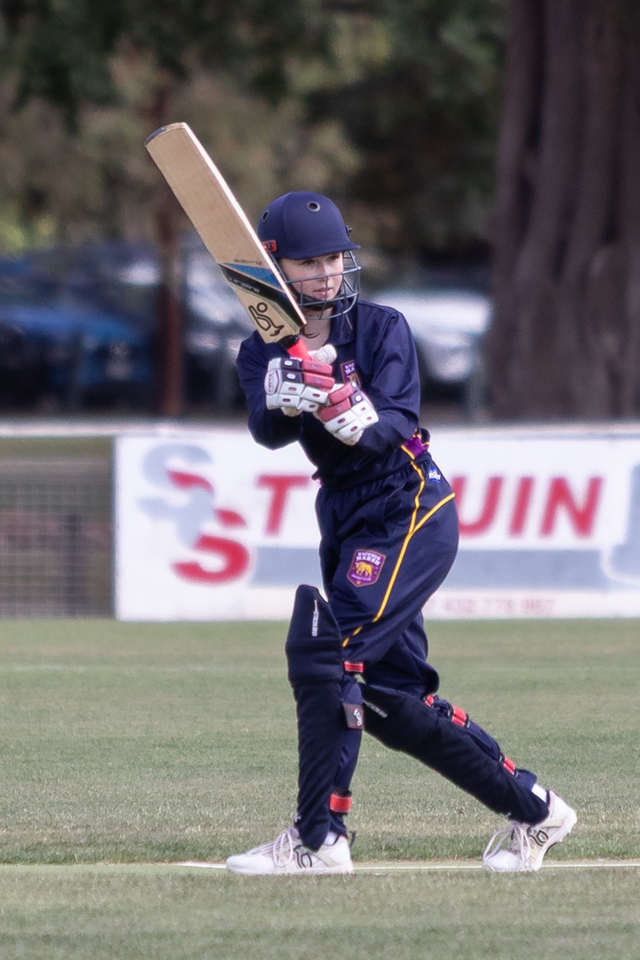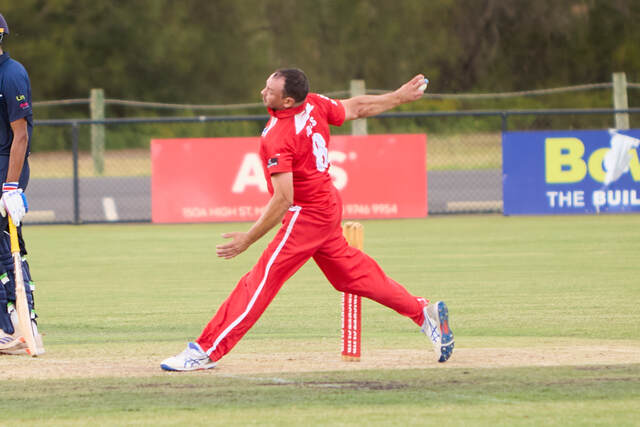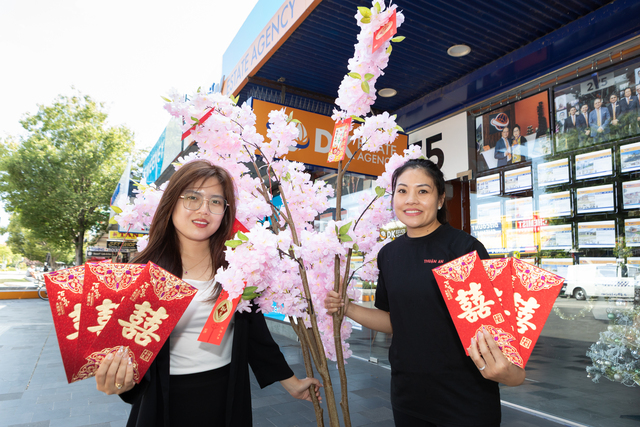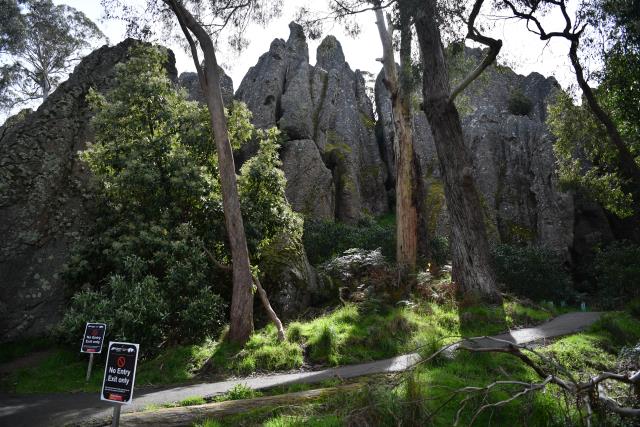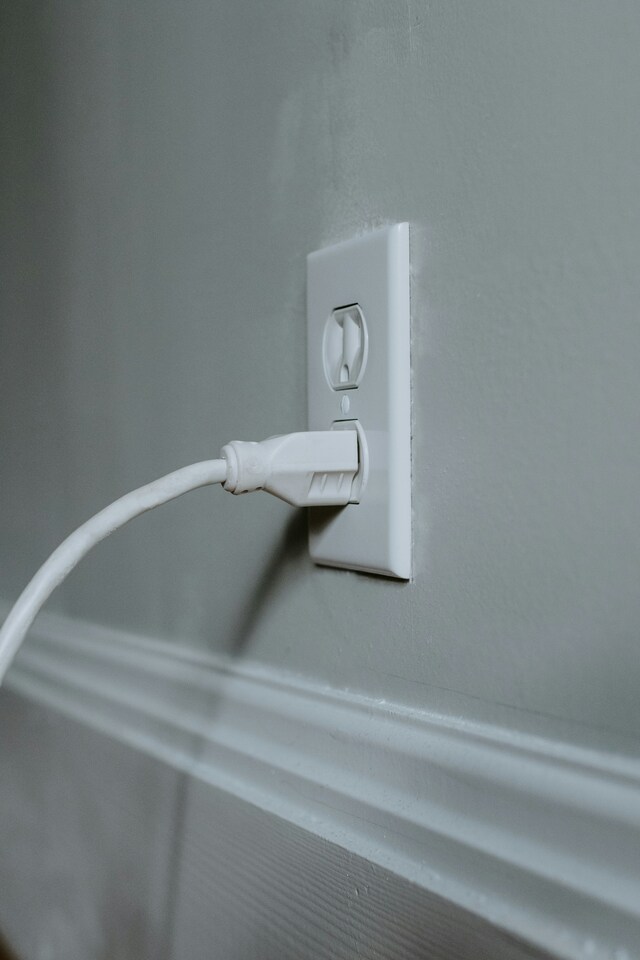Australia’s first African library, arts and history museum, Baai Alkebulan House, is at risk of closure after being launched in Footscray last year.
The sanctuary was founded by Tarneit’s Magang Reech assisted by the collective effort of Melton’s Titan Debirioun, Tarneit’s Ephraim Kassu, Agum Reech, Toto Reech and Matur Reech, Derrimut’s Guled Ilyas and Bishop Laryea from Sydney’s AYI Centres, all of whom have been instrumental in shaping the library’s vision.
The library’s supporters all came from a war-torn country and were raised in Australia and see Baai Alkebulan House as their way of giving back to the community.
The word ’Baai’ means ’house’ or ’home’ and ’Alkebu-lan’ is one of the ancient name for Africa, meaning ’Mother of Mankind’ or ’Garden of Eden’.
“We chose this name to honor Africa as the birthplace of civilization and to reflect our mission of providing a home for all and for African history and culture in the community,” Magang explained.
“What makes Baai Alkebulan unique is its holistic approach to preserving and promoting African and First Nations histories, while actively fostering intergenerational connections. We are more than just a museum or library — we are a dynamic space where African music, family development, and cultural heritage are at the forefront.
“Moreover, Baai Alkebulan serves as a bridge between the African diaspora and First Nations peoples, highlighting their shared experiences of colonisation, resistance, and resilience. Through art, literature, music, and programs, we don’t just preserve history — we make it a living, breathing experience that connects past, present, and future generations in meaningful ways.”
Baai Alkebulan offers a range of art exhibitions, educational workshops, oral history projects, programs, cultural performance, legal training and excursions.
Magang is concerned there is a lack of sustained support and is calling on parents, educators, community leaders and policymakers to step up and champion their cause.
“Without immediate financial support, we risk closure, which would be a tremendous loss to the community and the heritage we seek to preserve,“ he said.
“Baai Alkebulan is a vital cultural hub that nurtures identity, education, and unity. We need the community’s help to continue preserving African and First Nations histories and to provide a space for future generations to learn and grow.
“We realised Baai Alkebulan was at risk when we encountered significant delays in receiving critical funding. However, we remain committed to seeking new partnerships and opportunities to secure the support needed to keep Baai Alkebulan thriving.”
Hoppers Crossing teacher Asmait Reta has done important work in the six months since Baai Alkebulan’s opening and has seen a shift in young people, many of them at risk.
“The worst thing is when you don’t know where you come from or who you are. But when you know who you are, you’ll be proud of where you come from and that’s why I teach the kids about our culture. I also teach them how to live in harmony with other people and how to respect their family. When you tell kids a story, most of them ask questions which means they are interested and happy to learn something new. In the beginning, there weren’t too many kids coming, but at the moment, we had a lot of kids,” she said.
“I have met some parents at the library and they have thanked me for preparing their children for the future. For adults, we discuss what is going on in our life, share ideas and learn from each other because we want to be good citizens and parents.”
Director of Pam Disability Service and Truganina resident, Puonyuom Mathiang said migrant families have found healing and hope for a brighter future through Magang’s work.
“Magang is one of the most hardworking people I have met in my life. He has put his heart and soul into this. Not for his own benefit but for the benefit of the wider community. From babies, adolescents, young adults, parents and the older community, having a space like this gives us parents comfort and a break knowing our children are connecting, learning and enjoying themselves in a safe environment and off the streets,“ Puonyuom said.
“As a parent from my background, there is a disconnect between wanting and how to raise my child ’Australian’ and ’Sudanese’. I find it hard to find a community. Baai Alkebulan provides that experience. You can connect with other cultures, other people, parents and children alike have the opportunity to get together. Meeting other young mothers and understanding that we are all in this together is important.”
“As a second generation Sudanese, we have lost a lot of our culture. Baai Alkebulan helps gain and learn some of the cultural norms that we have lost. This is important because our children need to have an identity so they can feel like they belong when they get older. So they do not question themselves and become lost. At home I try to teach my son my mother tongue. I am not very great at it, as I have lost some of my culture too. When we go to Baai Alkebulan my son and I are both learning and relearning the culture, just by being around the community.”
The closure of Baai Alkebulan House would disproportionately affect parents like Puonyuom.
“There is no other Library that provides culture specific learning that I am aware of or have access to. I would miss having the chance for my son to meet other young African kids, and myself other young African mothers,” she said.
“Young children and young adults would be at home or on the streets not doing anything productive in their lives. The culture would be lost. I have seen some of the young boys that would normally be stereotyped as ’thugs’ in that library reading and helping Magang set up. It provides volunteering opportunities to keep everyone busy. Like I said, it is a community that would be lost.”
For Werribee students like Nasrin Bol, 10, who has spent countless hours studying and learning her African culture, the loss would be deeply personal.
“There’s a lot of books to read here and you get some time to yourself. I feel good and smart about my country, and I can actually answer other people’s questions. I would be upset if the library is closed because there will be no more computers, no more reading books, no more learning, no more fun activities.”
The absence of Baai Alkebulan House would also be felt across First Nations communities including individuals like Ava Jarret who recently regained her cultural strength.
“I came from a small town in Northern NSW, I grew up in an Aboriginal community. The library mirrored my own community, that’s something I hadn’t experienced in Melbourne before. It helped me gain my cultural strength back from leaving my homelands and ignited my self esteem and identity as a Black woman. It’s something I think more Mob and African Mob should experience,” she said.
“My people have been gathering in the name of knowledge and learning for thousands of years. It’s in our blood to connect and share, the library became a safe haven for me and others to feel connected and robust in our blackness outside of our homes and kinships. We felt our togetherness tighten as one big Mob.
“I would be heartbroken if the library were to close. The work everyone has put into this Library has created such a safe, empowering and inspiring environment for African and Indigenous people to connect and share. We don’t get those opportunities all the time.”
To help save Baai Alkebulan House www.gofundme.com/f/baai-alkebulan-urgent-fundraiser

